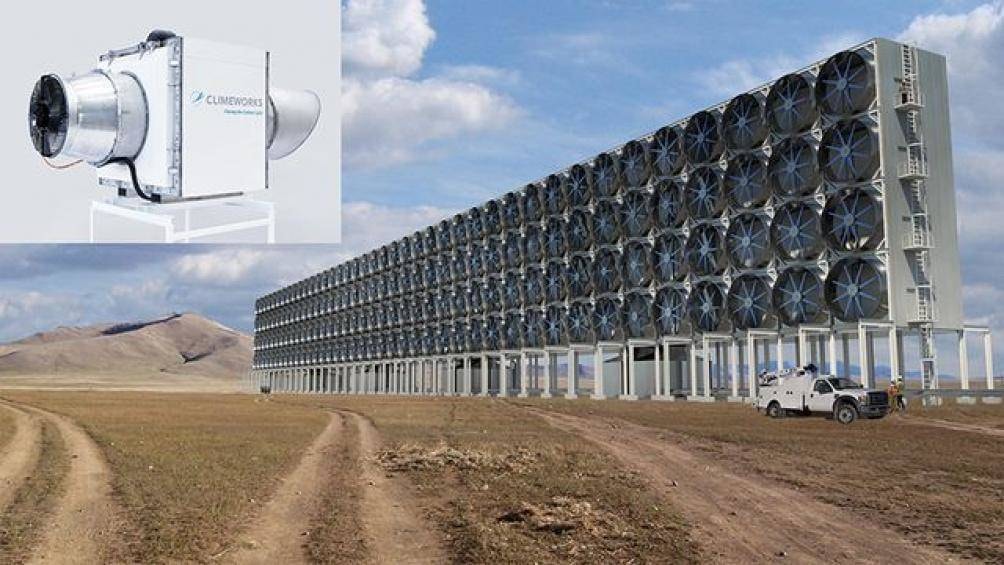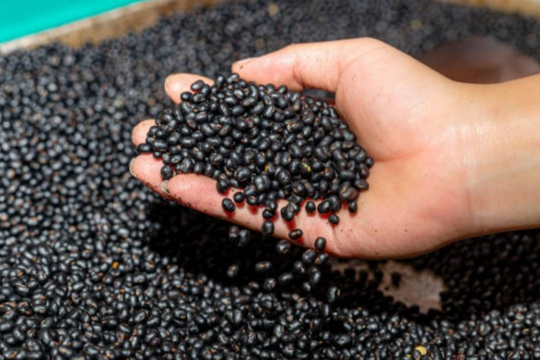Air could make gasoline in the future
A Canadian company announced the discovery of a technique to “pull” CO2 from the air and convert it into gasoline or jet fuel.
Canadian clean energy company Carbon Engineering has teamed up with scientists from Harvard University (USA) to discover a way to extract a carbon-neutral fuel by capturing carbon dioxide from the air and turning it into synthetic gasoline. This process is called Air to Fuels (A2F). This fuel source promises to have no greenhouse gas emissions and zero carbon emissions.
 |
| Air could make gasoline in the future. |
Simply put, it is extracting carbon dioxide (CO2) from the air, putting it through chemical processes, and creating liquid hydrocarbon fuels (Hydrocarbons are organic compounds that consist only of hydrogen and carbon. Oil and gasoline are examples of liquid hydrocarbon fuels). The A2F process creates a synthetic version of liquid hydrocarbon fuels.
Carbon Engineering researchers are using something called Direct Air Capture (DAC) technology, which works like new solar cells to split water into hydrogen fuel. CO2 recycling plants extract CO2 from the air using a giant assembly of blades, then combine the CO2 with liquid hydrogen extracted from the water.
Next, the CO2 is combined with hydrogen using the company's proprietary technology and a carbon-neutral liquid fuel like gasoline or diesel is produced. This means that users do not have to modify their existing car engines to use this synthetic fuel. Additionally, the CO2 can be converted into a solid form and stored for later use.
Direct air capture is important because recent findings suggest that it is virtually impossible to prevent global temperatures from rising more than 1.5 degrees Celsius without some form of new technology being deployed on a large scale.
 |
| A giant assembly of blades used to extract CO2 from the air. |
However, there is a big problem with Carbon Engineering’s alternative fuel, which is also the challenge of any new energy source invention: the cost of production. In a production capacity assessment report, the company shared that the synthesis process for one ton of carbon dioxide will cost about $94 - $232 while fossil fuels are only about $20/barrel of crude oil, much cheaper than the new technology.
The company claims that in the future, they could produce synthetic fuel for around $1 per liter as production scales up. They are also working to reduce costs by using off-the-shelf industrial processes and technologies rather than reinventing the wheel.
Carbon Engineering is owned by private investors including Bill Gates. The technology is currently attracting interest from oil giants such as Chevron and Occidental Petroleum.
A2F is viable because it requires 100 times less land and water than biofuels, and can be scaled up and placed anywhere, says Geoff Holmes, business development director at Carbon Engineering. But to make it popular, it would have to cost less than the current cost of extracting oil, and it could be harder to convince countries to buy into it.








